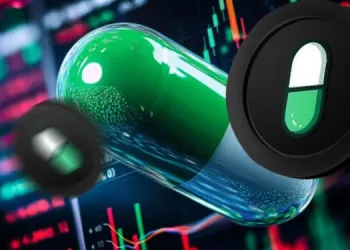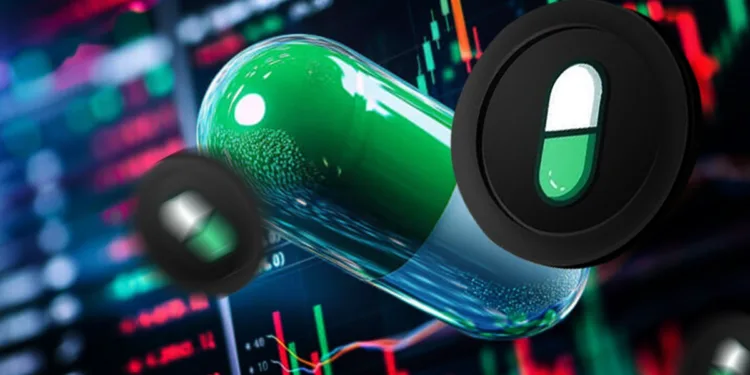- The technique called “address poisoning” enables hackers to defraud users by creating deceptive wallet addresses.
- Users are tricked by fake addresses which imitate genuine wallet addresses that attackers create.
- Users can guard against fraud by ensuring address accuracy through proper checking methods while establishing approved lists and no duplicate transfer of transaction data.
The security team at SlowMist issued an immediate warning regarding a new EOS blockchain user targeted scam. Through address poisoning hackers perform deceptive actions which make victims send their funds to fraudulent wallet addresses.
Attackers have targeted EOS users through fraudulent transactions that send 0.001 EOS to victims hoping to trick them into using fake addresses for additional transactions.
Beware of Fake Wallet Addresses
Address poisoning involves cybercriminals creating fake wallet addresses that closely resemble legitimate ones. The attackers then send small transactions to users, embedding their fraudulent addresses in transaction histories. If users mistakenly copy and paste these addresses for future transactions, they may unknowingly send funds to hackers.
Recent reports highlight cases where fake EOS wallet addresses were created to impersonate well-known exchange accounts. For instance, a fraudulent account named “oktothemoon” was designed to mimic the legitimate “okbtothemoon” account, while “binanecleos” was crafted to resemble “binancecleos.” These deceptive addresses increase the likelihood of users making transaction errors.
Impact on the EOS Community
Address poisoning attacks are raising serious concerns among EOS users and blockchain security experts. With EOS widely used by traders and investors, these scams pose significant financial risks. A single mistyped or copied address can lead to irreversible fund loss.
The security issue affects EOS blockchain but other cryptocurrency platforms remain vulnerable to comparable attack methods. Regular blockchain transaction users need additional defense measures above others because of an increased probability of attack. The cryptocurrency industry works alongside blockchain developers as well as security analysts in order to develop countermeasures against these cryptocurrency assaults while protecting users.
Preventive Measures Against Address Poisoning
Prior to making a transaction users should verify their wallet addresses to ensure accuracy. Secure transactions can be achieved by adopting whitelisted addresses along with additional security features while verifying sender details during the process. Workers who exhibit security-conscious behavior by avoiding copy practices on transaction history decrease their chances of becoming victims of these scams.
The monitoring activities of security firms and blockchain experts focus on suspicious activities while they implement countermeasures against address poisoning. Strong defense measures should be maintained across the crypto community because cybercriminals keep developing their attack techniques.














